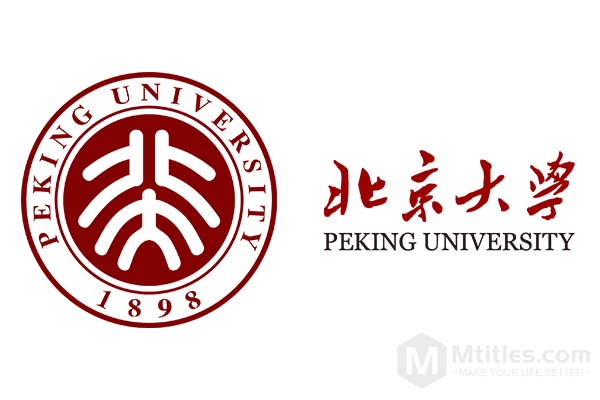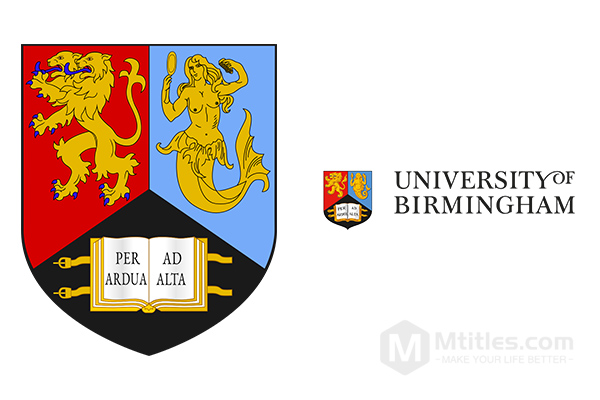Why have U.S. hedge funds become polite?

When Dan Loeb's letter appeared in Vevey, Switzerland, where Nestlé is headquartered, there must have been confusion. The hedge-fund debater and Third Point founder, who once told a chief executive to "hide out at the Hamptons (Hamptons) waterfront mansion to play tennis and socialize with other celebrities," was surprisingly supportive, even a little cordial.
In his letter, Loeb warned against Nestlé's "stubbornness," but promised to be an "engaged long-term shareholder" to help new CEO Mark Schneider Third Point will "play a constructive role in encouraging management to seek change with a greater sense of urgency.
As U.S. hedge funds take advantage of Europe's economic recovery to come in and restructure struggling companies, constructivism is the new vindicationism. They talk politely to insiders instead of standing at the door and shouting threats at current executives. If even Loeb is using the language of conciliation and compromise, that's a sign that things have changed. This is in part a prudent adaptation to the old world. The fire-and-brimstone cable TV show style of American corporate activism, including its heated rhetoric and proxy fights, won't work very easily in Lake Geneva. On the other hand, it's also because they recognize a new opportunity: rather than face a hostile takeover, CEOs would rather have constructivists on their boards to help them implement change.
The different stakeholders now strangely see a common interest. A new CEO has only a few years to get things going or he or she will be out. Boards are happy to see someone keeping executives honest. Traditional investment managers want the companies they invest in to perform better, but lack the time and energy to make it happen. Constructivists are expected to do them all a favor. This approach is being championed by Cevian Capital, a European shareholder advocacy investment fund, and ValueAct in the United States. Compared with Loeb's 1.25 percent stake in Nestlé, the two funds held more shares in the companies they invested in and later gained board seats at companies such as ThyssenKrupp and Rolls-Royce. They took the opportunity to present their views and research to other directors, often advocating a change in strategy.
There is merit in this. Rights investors tend to be diligent and analytical, not bound by emotion. They are independent-minded and more inquisitive than directors who have limited industry experience and rely on briefings prepared by executives. One rights investor said, "Others may read the briefings, but I come up with my own data at meetings." They bring a private equity perspective to publicly traded companies, without necessarily taking over all the control. When constructivism works, it provides a medium-term vision of how to reinvent the business rather than focusing on quarterly results. Another rights investor says, "It should mean trying to make the company better, not just trying to get better returns, often in the short term."
But as tempting as constructivism sounds, target companies should still respond with caution, especially when the alternative for companies like Nestle may be an acquisition backed by 3G Capital, a private equity firm with a knack for cutting costs.
First, ask whether you are dealing with a constructivist or a mere Wall Street wolf in constructivist garb. One test is whether investors are more interested in corporate strategy or in leveraging their balance sheets and forcing companies to pay special dividends or make capital returns in order to get a quick return. Loeb called on Nestlé to double its net debt to finance share buybacks, while Schneider announced a share buyback program of up to 20 billion Swiss francs last week. third Point also wants Nestlé to sell its 23% stake in L'Oréal, worth about $25 billion, to "optimize its return of capital policy. ". That's only part of Loeb's proposal, but it resonates.
Second, ask whether the cost-cutting that such investors typically seek will make the business healthier and more capable of reinvesting in growth, or whether it will hurt its long-term growth prospects. To be fair, Loeb's demands aren't particularly radical: his ideas for improving Nestlé's margins are modest compared to the "zero-based budgeting" that 3G Capital made so hard at Kraft Heinz. The difficulty is, how do you know if you're eliminating waste or burying a premature prospect? The premium coffee brand Nespresso was launched in 1986 and took more than a decade to reach its current status. It has been nurtured by Nestle for a long time.
This is the third and most critical test. How long is the investment period for constructivists? Most of them call three to five years - the traditional duration of a private equity investment - "long," but that's a blink of an eye in Nestlé's history. A CEO may be able to improve operational efficiency and even reshape the portfolio during this period, but it is too late to create and develop new brands.
It will take more humility from investors, whether they are called rights activists, constructivists or whatever. A critical attitude, active and supportive shareholder can play a role in helping the company become better. But if they perform their role correctly, their investment will outlast them.







